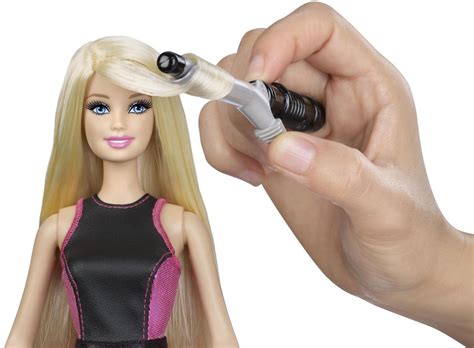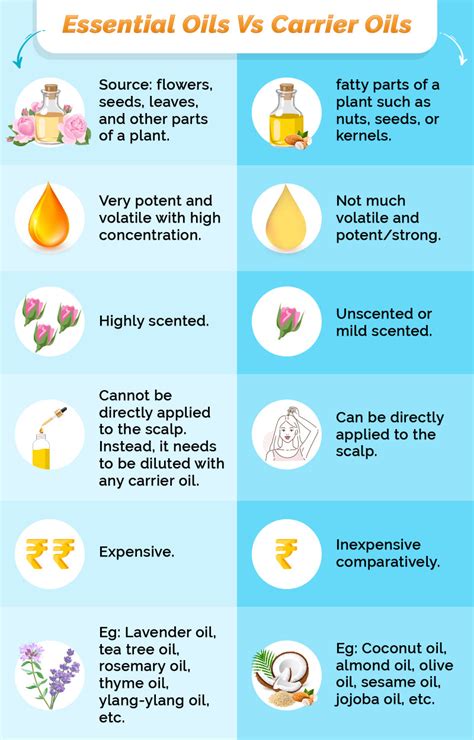If you’re dealing with dry, brittle hair, you know how frustrating it can be. You try every product under the sun, but nothing seems to work. Well, what if we told you that the answer to your hair problems could be found in your kitchen? That’s right, there are several natural oils that can do wonders for your hair.

The Benefits of Using Oil for Hair
There are many benefits to using oil for hair. These include:
- Moisturizes dry, brittle hair
- Strengthens hair and prevents breakage
- Promotes hair growth
- Reduces frizz and flyaways
- Protects hair from heat damage
- Adds shine and luster to hair
Which Oils Are Best for Hair?
Many different oils can be used for hair, but some of the most popular and effective include:
- Coconut oil: Coconut oil is an excellent moisturizer for hair. It is rich in fatty acids, which can penetrate the hair shaft as it absorbs quickly. Coconut oil can also help to strengthen hair and reduce breakage due to the lauric acid.
- Argan oil: Argan oil is another great moisturizer for hair. It is rich in vitamins A and E, which can help to nourish and protect hair. Argan oil can also help to reduce frizz and flyaways.
- Olive oil: Olive oil is a good source of antioxidants, which can help to protect hair from damage. It can also help strengthen hair and promote hair growth.
- Jojoba oil: Jojoba oil is very similar to the natural oils produced by the skin, which makes it a great choice for hair. Jojoba oil can help to moisturize hair, reduce frizz, and protect hair from heat damage.
- Avocado oil: Avocado oil is rich in vitamins A, D, and E, which can help nourish and protect hair. It is also a good source of fatty acids, which can help to moisturize hair.
How to Use Oil for Hair
There are several different ways to use oil for hair. You can:
- Apply oil to your hair before shampooing. This will help to protect your hair from the drying effects of shampoo. Do not apply on the scalp if your scalp is oily
- Add a few drops of oil to your shampoo or conditioner. This will help to moisturize your hair and make it more manageable.
- Apply oil to your hair after shampooing and conditioning. This will help to seal in moisture and protect your hair from damage. Avoid applying on the scalp. Just apply on the hair strand.
- Use oil as a conditioning treatment. To do this, apply oil to your hair and leave it in for several hours or overnight. Then, shampoo and condition your hair as usual.
- Use oil as a leave-in conditioner. To do this, apply a small amount of oil to the ends of your hair. This will help to keep your hair moisturized and prevent split ends.
Tips for Using Oil for Hair
Here are a few tips for using oil for hair:
- Start by using a small amount of oil and increase the amount as needed.
- If you have oily hair, avoid applying oil to your scalp.
- Be sure to rinse your hair thoroughly after using oil.
- Don’t use oil too often. Aim for 1-2 times weekly.
- If you have any concerns about using oil for hair, talk to your doctor or a hair care professional.
Comparison of Different Oils for Hair
| Oil | Benefits |
|---|---|
| Coconut oil | Moisturizes hair, prevents breakage, promotes hair growth |
| Argan oil | Moisturizes hair, reduces frizz, protects hair from damage |
| Olive oil | Strengthens hair, promotes hair growth, protects hair from damage |
| Jojoba oil | Moisturizes hair, reduces frizz, protects hair from heat damage |
| Avocado oil | Nourishes hair, protects hair from damage, moisturizes hair |
Pros and Cons of Using Oil for Hair
Pros
- Natural and affordable
- Effective for moisturizing, strengthening, and protecting hair
- Can be used in a variety of ways
Cons
- Can make hair look greasy if used too much
- May not be suitable for all hair types (e.g., oily hair)
- Can be messy to apply
FAQs About Using Oil for Hair
1. What is the best oil for hair?
The best oil for hair depends on your individual hair type and needs. However, some of the most popular and effective oils for hair include coconut oil, argan oil, olive oil, jojoba oil, and avocado oil.
2. How often should I use oil for hair?
You can use oil for hair as often as needed. However, most experts recommend using it 1-2 times per week.
3. How do I know if I’m using too much oil for hair?
If your hair looks greasy or feels weighed down, you may be using too much oil. Start by using a small amount of oil and increase the amount as needed.
4. Can I use oil for hair if I have oily hair?
Yes, you can use oil for hair if you have oily hair. However, it is important to avoid applying oil to your scalp. Instead, focus on applying oil to the ends of your hair.
5. What is the best way to apply oil for hair?
There are several different ways to apply oil for hair. Some popular methods include applying oil to your hair before shampooing, adding a few drops of oil to your shampoo or conditioner, or applying oil to your hair after shampooing and conditioning.
6. How long should I leave oil in my hair?
You can leave oil in your hair for as long as you like. However, most experts recommend leaving it in for at least 30 minutes. You can also leave it in overnight for a more intensive treatment.
7. What are some creative new applications for using oil for hair?
The creative new ways to use better oil for hair involve using a blend of these oil with other natural products to enhance the effectiveness. Consider using it as a leave-in conditioner to keep your hair moisturized throughout the day. Experiment with blending different oils to create unique hair masks tailored to your specific hair needs. Mix a few drops of oil with your styling products to add shine and definition to your hair without weighing it down.
8. Where to buy natural better oil for hair?
You can buy natural better oil for hair at most grocery stores, drugstores, and online retailers. It is important to choose a high-quality oil that is cold-pressed and unrefined.
